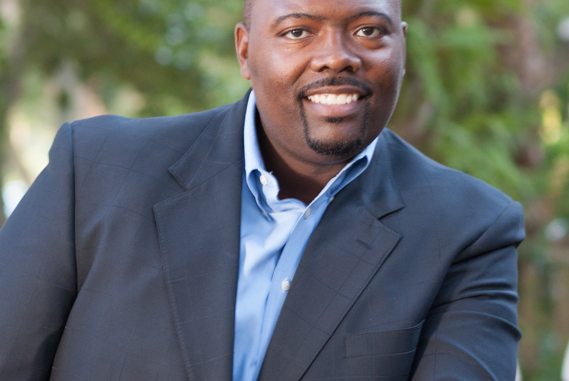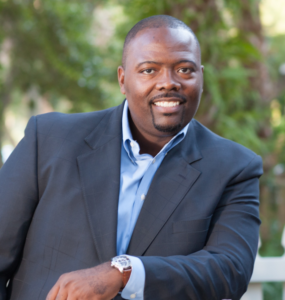

Although Florida is known as “The Sunshine State,” there has been nothing sunny about the way voting rights have been managed in the state – especially for those who have committed crimes and served their time.
The good news is that Amendment 4 passed in November, which allows felons who have completed their sentences to earn the right to vote back except for those who have been convicted of murder or felony sex offenses. Currently, there are some 1.6 million Floridians who do not have their right to vote. This is the highest in the nation and make up around 10 percent of the total adult population in Florida.
The amendment passed with 64 percent of the vote, which is a great accomplishment and sends a message that voters do understand that people deserve to have their rights restored after making mistakes.
Florida removes a felons right to vote at a higher rate than any other state, banning more than 10% of its overall adult population — including 21.5% of African-Americans — from the polls, according to the Sentencing Project.
Earlier this year, a federal judge ruled that Florida’s felon voting law was unconstitutional and said the disenfranchisement of felons who have served their time is “nonsensical” and a violation of the First and 14th Amendments to the U.S. Constitution.
If anyone is familiar with the process, you know how ridiculous the restoration process had become.
So the million-dollar question is what happens now? The law technically takes effect on January 8, 2019 according to the state constitution. So does that mean that eligible felons can go and start registering to vote at their county election’s office on that day?
There is still some confusion, but hopefully the Florida Dept. of State will provide some clear guidelines over the next few weeks. If not, the legislature may have to step in and force the issue.
There are a lot of eyes watching, and organizations like the ACLU are saying that if state officials act slowly or set up what are perceived as roadblocks to delay registration that they are ready to sue.
This Florida felon voting rights issue has been pretty unique when you put it into perspective. While nearly every state bans incarcerated criminals from voting, only Florida Iowa, Kentucky and Virginia don’t automatically restore voting rights at the completion of a criminal sentence.
Of course, some argue that politics has caused the state to be so strict on felons and some even go as far to say it is racist. It is certainly no secret that traditionally, Blacks vote overwhelmingly for Democrats. One must ask because such a large percentage of African American men have lost their right to vote, does it take away from the strength of the Black voting base?
Regardless of the what and how, it is a ridiculous notion that a person who has served time for their crime, lives a responsible life while making a positive contribution to society and his family, doesn’t have the right to vote.
Not only is it not fair, but also as Judge Mark Walker ruled – it clearly violates the U.S. Constitution. Jesse Jackson once said, “If you don’t have your vote restored, it’s a life sentence.”
There is an old Haitian proverb that says, “A stumble is not a fall.” By not restoring voting right, it sends the wrong message about our corrections system. We should be encouraging felons who have served their court mandated time to acclimate themselves back into society and live normal respectable lives. Just because we stumble or even fall, doesn’t mean we do not deserve the opportunity to get our lives back on track.
Thanks to groups like Florida New Majority, ACLU, Southern Poverty Law Center and The Fair Elections Legal Network, and many more for leading the charge in the fight to pass Amendment 4.
There is tremendous value in restoring voting rights to all who have paid their debt to society. And with another presidential election right around the corner, the stakes are high. History has taught us that every vote counts. I will leave you with a quote from John F. Kennedy, “The margin is narrow, but the responsibility is clear.”
Signing off from precinct 9S,
Reggie Fullwood

Be the first to comment